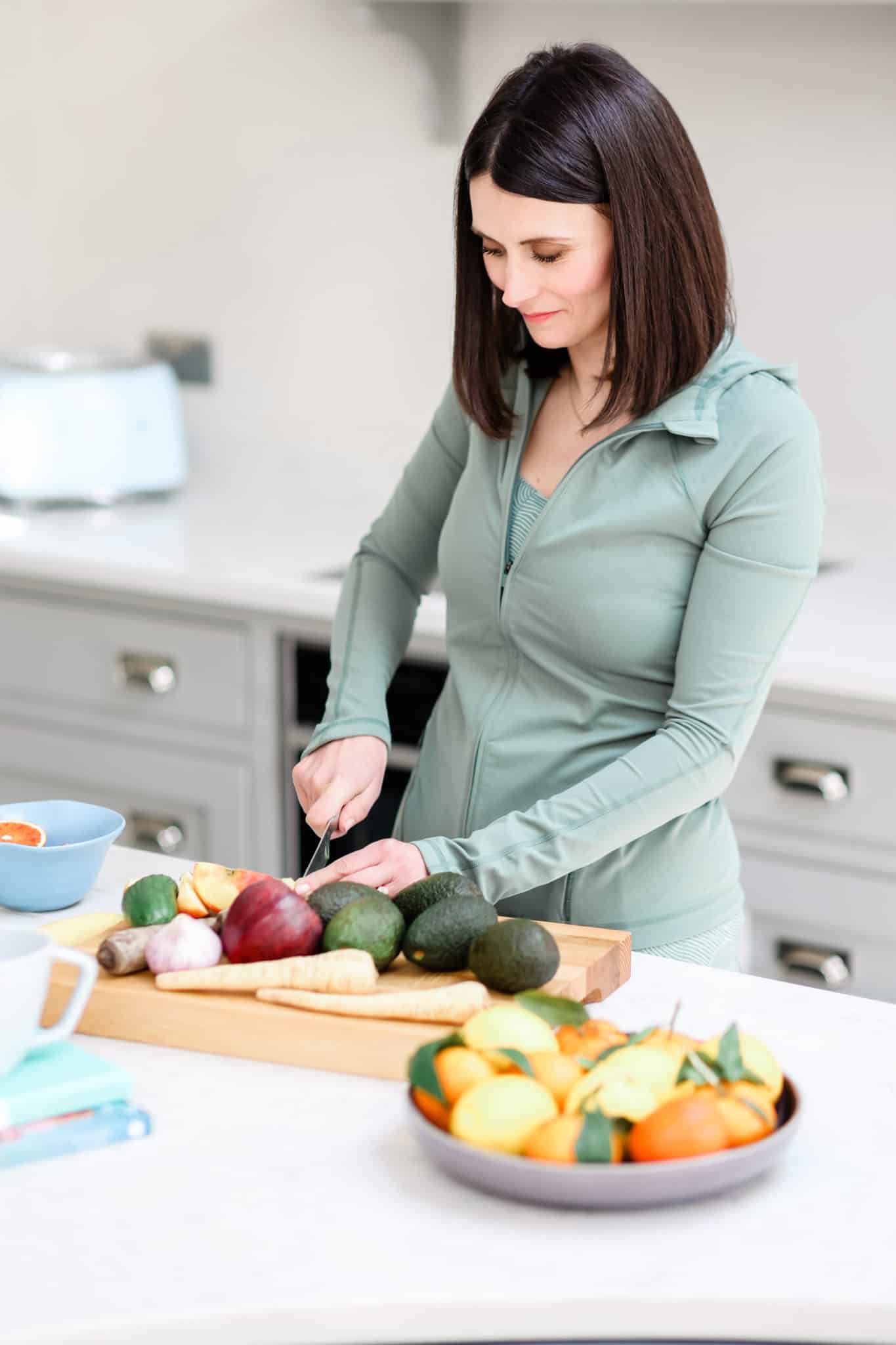Did you know that next Monday, January 16, is dubbed Blue Monday? The reason it’s known as the ‘most depressing day of the year’ is due to a number of factors including the magic of Christmas being by then a long-forgotten memory, rubbish weather and the worry of debts notched up from the festive season looming large. But thankfully help is at hand courtesy of local nutritional therapist Katherine Paton who reveals to Times readers the ways in which you can eat yourself happier – and healthier…
With January’s Blue Monday supposedly being the most depressing day of the year, most of us are looking for a pick-me-up. The food we eat each day can affect how we feel and help give us a boost – but how does it actually impact our mood?
In recent years there has been a big increase in scientific research about the ‘gut-brain’ connection. It has been shown that signals travel from your gut to the brain via your nerves and the bloodstream. So, the food which you eat can directly impact your mood.
Three foods have been shown in scientific studies to have potentially mood-boosting properties. They are blueberries, oily fish and pumpkin seeds. To feel the benefits, these foods need to be included consistently in your diet each week. Here’s how you can incorporate them into your daily meals:
Blueberries
Blueberries can enhance brain function as well as your mood. Blueberries are rich in polyphenols (which are plant compounds with antioxidant properties).
Studies suggest eating around 80g per day (which is about two handfuls). Try to sprinkle them on top of your breakfast – they are tasty on muesli and porridge or add them to a smoothie with banana, Greek yoghurt and a bit of mint. They’re super easy to eat daily, and a great snack on the go.
Oily fish
Oily types of fish are a great source of both Omega 3 as well as vitamin D, both of which can be beneficial for helping enhance mood. Omega 3 is a good fat for our bodies and is an important building block for brain cells. Studies have found that people with anxiety and depression tend to have lower levels of Omega 3.
The best sources of Omega 3 come from ‘S.M.A.S.H’ fish, which stands for Salmon, Mackerel, Anchovies, Sardines, and Herring. It’s suggested that eating a portion of oily fish three times a week is ideal to support good health.
Try baked salmon with vegetables, mackerel fishcakes, or you can even add anchovies cooked down into tomato sauces which is perfect for anyone not keen on the taste of oily fish.
Pumpkin seeds
These are a powerhouse of nutrients and also a great source of magnesium. The latter has been shown across many scientific studies to improve symptoms in individuals with anxiety and depression.
A 28g serving of pumpkin seeds (which is about four tablespoons) provides around 40% of the recommended daily requirement for an adult. Other great sources of magnesium include leafy green vegetables such as spinach and whole grains like brown rice. It’s also worth knowing that both stress and alcohol can lower levels of magnesium in the body.
Pumpkin seeds are super versatile and can be used as a topping for soups, salads, porridge and muesli. They are also delicious as a snack and can be blended into dips like pesto or hummus.
I hope the above helps your efforts in beating the January blues and I wish you all a healthy and happy start to 2023!
I would always advise if are planning to make any changes to your diet, seek the support of a Registered Nutritional Therapist or speak with your GP to make sure these are right for you.
www.katherinepatonnutrition.co.uk
HEALTH BITE
Katherine Paton is a Registered Nutritional Therapist based in Tunbridge Wells, who also runs a busy practice online and in person in Biddenden.
She helps people feel happier and healthier so they have the energy to enjoy the things they love. It was through Katherine’s own health struggles that she decided to train as a Nutritional Therapist. Through her life-changing journey, she has seen first-hand how transformative nutritional therapy is both for herself and her clients. Katherine offers a free 15-minute introductory call – if you would like to find out more head to her website: www.katherinepatonnutrition.co.uk








